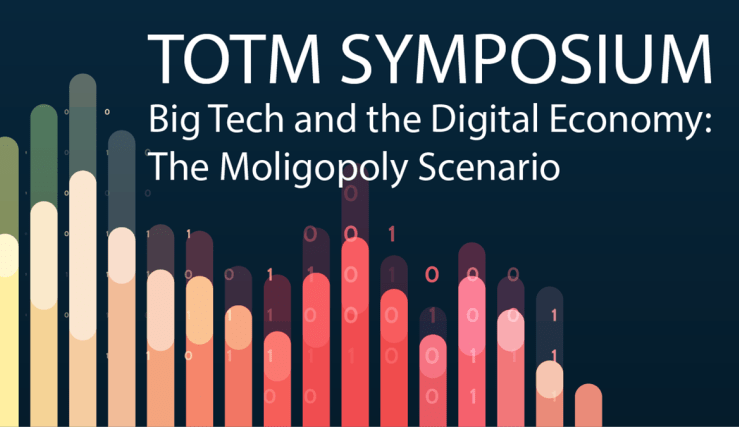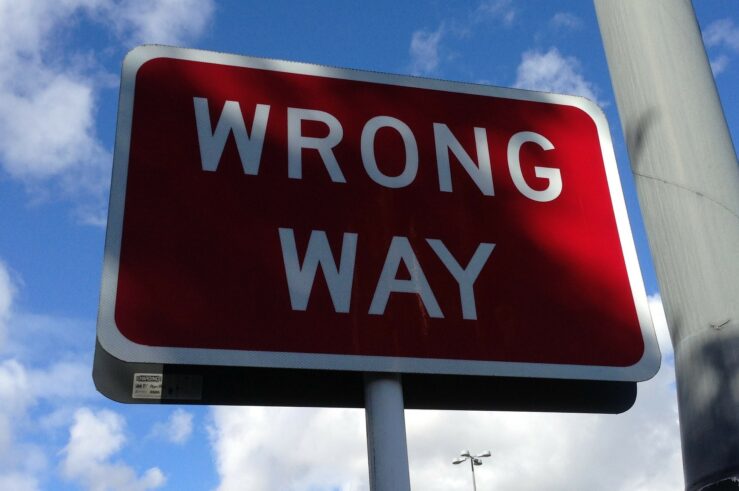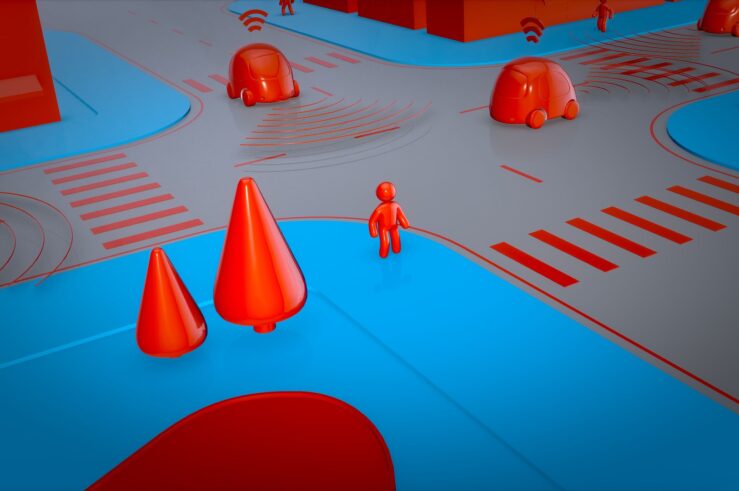Showing archive for: “Transportation”
AICOA Is Neither Urgently Needed Nor Good: A Response to Professors Scott Morton, Salop, and Dinielli
Earlier this month, Professors Fiona Scott Morton, Steve Salop, and David Dinielli penned a letter expressing their “strong support” for the proposed American Innovation and Choice Online Act (AICOA). In the letter, the professors address criticisms of AICOA and urge its approval, despite possible imperfections. “Perhaps this bill could be made better if we lived in ... AICOA Is Neither Urgently Needed Nor Good: A Response to Professors Scott Morton, Salop, and Dinielli
Pushing the Limits? A Primer on FTC Competition Rulemaking
Since its founding in 1914, the Federal Trade Commission (FTC) has held a unique and multifaceted role in the U.S. administrative state and the economy. It possesses powerful investigative and information-gathering powers, including through compulsory processes; a multi-layered administrative-adjudication process to prosecute “unfair methods of competition (UMC)” (and later, “unfair and deceptive acts and practices ... Pushing the Limits? A Primer on FTC Competition Rulemaking
NetChoice, Net Neutrality, and the Future of the First Amendment Online
In an expected decision (but with a somewhat unexpected coalition), the U.S. Supreme Court has moved 5 to 4 to vacate an order issued early last month by the 5th U.S. Circuit Court of Appeals, which stayed an earlier December 2021 order from the U.S. District Court for the Western District of Texas enjoining Texas’ ... NetChoice, Net Neutrality, and the Future of the First Amendment Online
Antitrust Statutorification
A lot of water has gone under the bridge since my book was published last year. To close this symposium, I thought I would discuss the new phase of antirust statutorification taking place before our eyes. In the United States, Congress is working on five antitrust bills that propose to subject platforms to stringent obligations, ... Antitrust Statutorification
A First Glance at the Biden Executive Order on Competition: The Good and the Bad (Including Much that Looks Ugly)
The Biden Administration’s July 9 Executive Order on Promoting Competition in the American Economy is very much a mixed bag—some positive aspects, but many negative ones. It will have some positive effects on economic welfare, to the extent it succeeds in lifting artificial barriers to competition that harm consumers and workers—such as allowing direct sales ... A First Glance at the Biden Executive Order on Competition: The Good and the Bad (Including Much that Looks Ugly)
ITSA Foreshadows Final Act in 5.9GHz Fight
It’s a telecom tale as old as time: industry gets a prime slice of radio spectrum and falls in love with it, only to take it for granted. Then, faced with the reapportionment of that spectrum, it proceeds to fight tooth and nail (and law firm) to maintain the status quo. In that way, the ... ITSA Foreshadows Final Act in 5.9GHz Fight
Against the Jones Act
Economist Josh Hendrickson asserts that the Jones Act is properly understood as a Coasean bargain. In this view, the law serves as a subsidy to the U.S. maritime industry through its restriction of waterborne domestic commerce to vessels that are constructed in U.S. shipyards, U.S.-flagged, and U.S.-crewed. Such protectionism, it is argued, provides the government ... Against the Jones Act
In Defense of the Jones Act
Chances are, if you have heard of the Jones Act, you probably think it needs to be repealed. That is, at least, the consensus in the economics profession. However, this consensus seems to be driven by an application of the sort of rules of thumb that one picks up from economics courses, rather than an ... In Defense of the Jones Act
Diversification Is At The Heart Of Competition
In his chapter 4, Petit lays out how this works with six of today’s large high-tech companies, adding Netflix to the usual Big Five of Amazon, Apple, Facebook, Google, and Microsoft. If I understand properly, what he means by “moligopoly” is that these large firms have their hands in many different relevant markets. Because they ... Diversification Is At The Heart Of Competition
Rising Concentration: Drifters Followup Is Worse Than the Original
Germán Gutiérrez and Thomas Philippon have released a major rewrite of their paper comparing the U.S. and EU competitive environments. Although the NBER website provides an enticing title — “How European Markets Became Free: A Study of Institutional Drift” — the paper itself has a much more yawn-inducing title: “How EU Markets Became More Competitive ... Rising Concentration: Drifters Followup Is Worse Than the Original
The Myth of the Cyber Barons
During last week’s antitrust hearing, Representative Jamie Raskin (D-Md.) provided a sound bite that served as a salvo: “In the 19th century we had the robber barons, in the 21st century we get the cyber barons.” But with sound bites, much like bumper stickers, there’s no room for nuance or scrutiny. The news media has ... The Myth of the Cyber Barons
COVID-19, Ghost Flights, and Emerging Property Rights in Airport Slots
One of the most visible economic effects of the COVID-19 spread is the decrease in airline customers. Alec Stapp alerted me to the recent outrage over “ghost flights,” where airlines fly nearly empty planes to maintain their “slots.” The airline industry is unfortunately in economic freefall as governments prohibit and travelers pull back on air ... COVID-19, Ghost Flights, and Emerging Property Rights in Airport Slots












